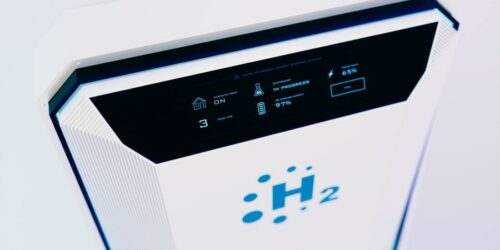Hybrid Heat Pumps: Keep Your Existing Boiler
- How hybrid heat pumps work
- Save on heating bills
- Pros and cons of this type of system
If you’re thinking about changing your home heating to become a bit greener, there’s a way you can keep your existing boiler and use a heat pump at the same time. Hybrid heat pumps are similar to hybrid electric cars; they’re partly powered by low carbon technology. For those worried about completely replacing their fossil fuel boiler, you can partially transition away by opting for this type of setup.
This article will explain what hybrid heat pumps are and how they work. It will explore the reasons why they can be useful for some households and what their benefits and drawbacks are. When it comes to how much new boilers cost, a heat pump on top of this will set you back more, but the green credentials will save you money.
Looking for a hybrid heat pump? Use our online quote comparison tool to see how much you’d pay. It only takes a minute.
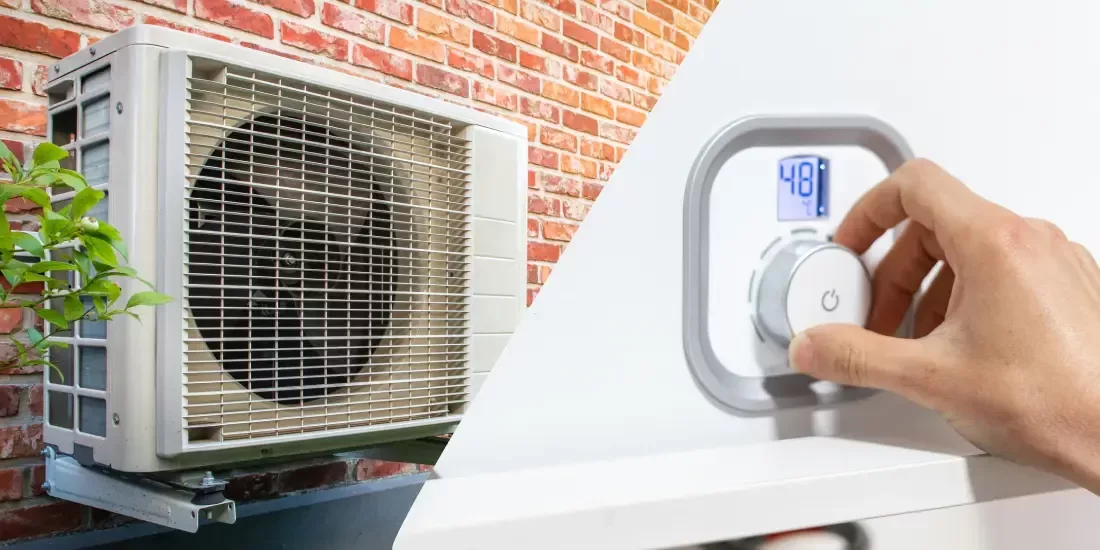
What's On This Page?
Click the links below and head straight to a specific section of the article.
What Are Hybrid Heat Pumps?
Put simply, this is where you install any type of heat pump to work alongside a boiler or other heating system. This could be your existing gas, oil or LPG boiler or a new one installed at the same time. The reason for doing this is that your home may have a high heating demand or might not see substantial reductions in your energy bills by switching to a full heat pump system.
As heat pumps are incredibly energy efficient, they only use a fraction of the electricity they use to generate heat. A home with a high heat demand may not be suitable for one of these systems as is, which is where hybrid heat pumps come in. You can customise your system to work in the best way for you, whether that’s to operate during periods of lower electricity cost or to support the system during cold spans.
Types of Heat Pump Used

It’s possible to install either an air source heat pump or a ground source heat pump into your hybrid system. These work in different ways, but ultimately provide heating to your home in conjunction with your boiler. By using hybrid heat pumps, you can control when they kick in.
An air source pump extracts ambient heat in the air down to temperatures as low as -22°C. Ground source versions tend to be better at this because there is usually more residual warmth in the soil. However, at lower temperatures, the higher efficiencies wane as they need to work harder to sustain household warmth. Hybrid heat pumps are supported by a boiler to prevent this.
How Hybrid Heating Systems Work
Hybrid heat pumps can operate in a variety of different ways. Any installation will be discussed with your installer before being fitted, so you can gauge the sort of savings you are likely to see. Some of the most common setups are included below.
Common Scenario
In the most common setup, the heat pump will be running constantly to provide heating to your home. As they run at around 40–45°C, they may also struggle to provide hot water at the same time. With a boiler involved, hybrid heat pumps are supported by this extra heating method, which will top up the heating and hot water as required.
In previous trials, homes fitted with hybrid heat pumps could see their heating demands met by anything from 30–96% by the heat pump alone. This depends on the type of home you have, as apartments were some of the most efficient building types. It also depends on your heating schedule as well, as multiple peaks throughout the day require higher flow rates, which can then only be met by contributions from the boiler.
Bivalent System
Bivalent hybrid heat pumps still use the heat pump and boiler, but they are operated separately, at different times. There is also the addition of a buffer tank, which stores heated water ready for your central heating demand when it’s immediately needed. This is because a heat pump can’t provide instant heat due to low flow temperatures.
Instead of operating at the same time, you select a cut-off temperature for your heat pump to stop operating. When higher temperatures or more hot water is needed, your boiler then takes over to supply an instant boost to cater for demand. You can also programme these versions of hybrid heat pumps to switch off when the outside temperature drops below a certain point.
Tariff Controlled
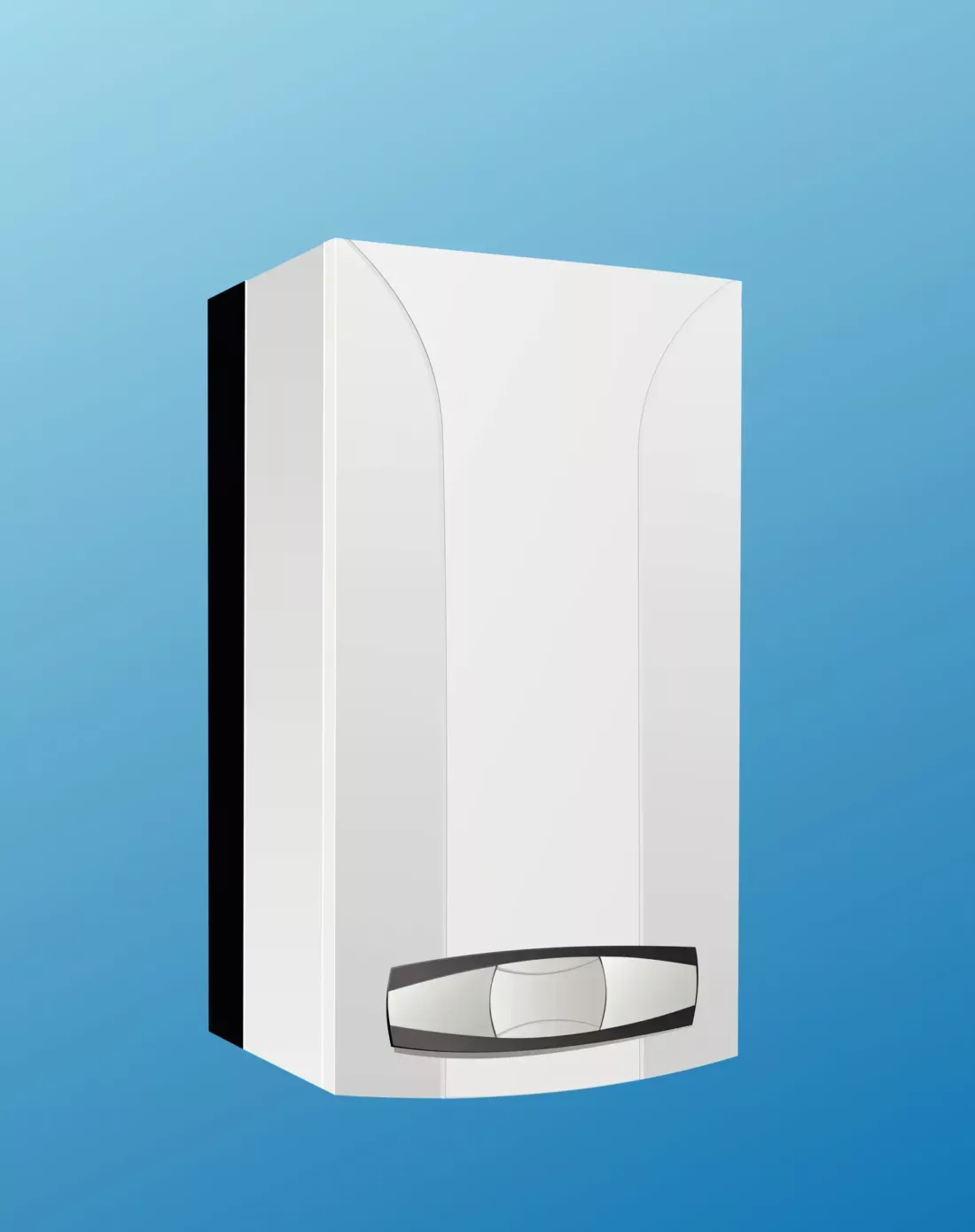
Widely regarded as the most cost-effective option, a tariff controlled heating system automatically works out how much you’d pay for energy and uses the cheapest option available. This maximises comfort and savings without having to compromise.
Hybrid heat pumps that work on these settings are controlled by a number of factors, including:
Electricity costs
The time of day
If a linked solar array is generating or exporting electricity
By using the criteria above, your system will only run when it’s the most economical for you. This can offer a substantial saving on energy bills as it’s using whichever part of the system is less expensive. If you have cheaper electricity at different times, hybrid heat pumps can be beneficial for you.
Separate Heating and Hot Water
Alternatively, if your home is relatively well suited for a heat pump, a hybrid system can help split the hot water demand. Your heat pump would provide space heating for your radiators or underfloor heating, while the boiler then supplies hot water to your taps and showers. This setup for hybrid heat pumps can work well even for combi boilers as it removes the need for a separate hot water cylinder.
Benefits and Drawbacks
Despite their numerous benefits, you can still expect some negativity in relation to hybrid heat pumps, particularly in their high upfront cost.
Advantages
Reliable
Universal use
Low carbon heating
Value for money
High efficiency in colder temperatures
Lower energy bills
For starters, as hybrid heat pumps are incredibly versatile, they can reliably heat your home year round, no matter which setup you decide to go for. This means you’ll always be comfortable and have plenty of hot water whenever you need it.
Thanks to the use of heat pumps, hybrid systems make use of low carbon technology the majority of the time. This reduces the use of fossil fuels and helps households transition to more efficient means of home heating.
One of the biggest advantages to hybrid heat pumps is their value for money. By being up to four times more efficient than boilers at producing heat, they can operate for a fraction of the cost. This saves you money on your heating bills time and time again. Heat pumps still work effectively in colder weather, but a hybrid system acts as a buffer to guarantee demand is met.
Disadvantages
Still reliant on fossil fuels
High cost
Not eligible for Boiler Upgrade Scheme
- Expensive installation

On the downside, a hybrid heat pump doesn’t remove the need for fossil fuels. These systems still pollute the atmosphere, and come at a high price. If you’re installing a new boiler at the same time, this will increase costs to less affordable levels.
Additionally, hybrid heat pumps aren’t eligible for the Boiler Upgrade Scheme, which offers £7,500 off the price of a heat pump installation. To benefit from this, you need to replace your boiler with a heat pump, which means anyone going hybrid will have to pay for the privilege. Depending on the type of heat pump you go for, the installation can become quite pricey as well.
What Do Hybrid Heat Pumps Cost?
Depending on which type of heat pump you go for, and whether you will be using your existing boiler, hybrid heat pumps can cost anything from £6,000 to more than £30,000. Ground source heat pumps are much more expensive to install, but additional elements, such as new pipes, better insulation, bigger radiators and new flooring will push up installation costs.
You can see rough costs in the interactive graph below.
Checkatrade estimates that the supply of the air source heat pump will be around £6,000, while installation will average £7,000. A new boiler for hybrid heat pumps will cost a further £3,000. This makes for a total of £16,000, and that’s if the installation is relatively straightforward.
If you’re retrofitting your installation, this will push costs up even further. Depending on how much your home needs to adapt to the new system. Costs can easily exceed £30,000 for a home that’s not in ideal condition to run with a hybrid heat pump system. Naturally, the larger your property, the higher you can expect these costs to be.
Retrofitting is the act of installing new technology into older structures or systems. In home terms, it’s usually used to describe upgrading a home’s energy efficiency or performance.
How Long Does a Hybrid Heat Pump Last?
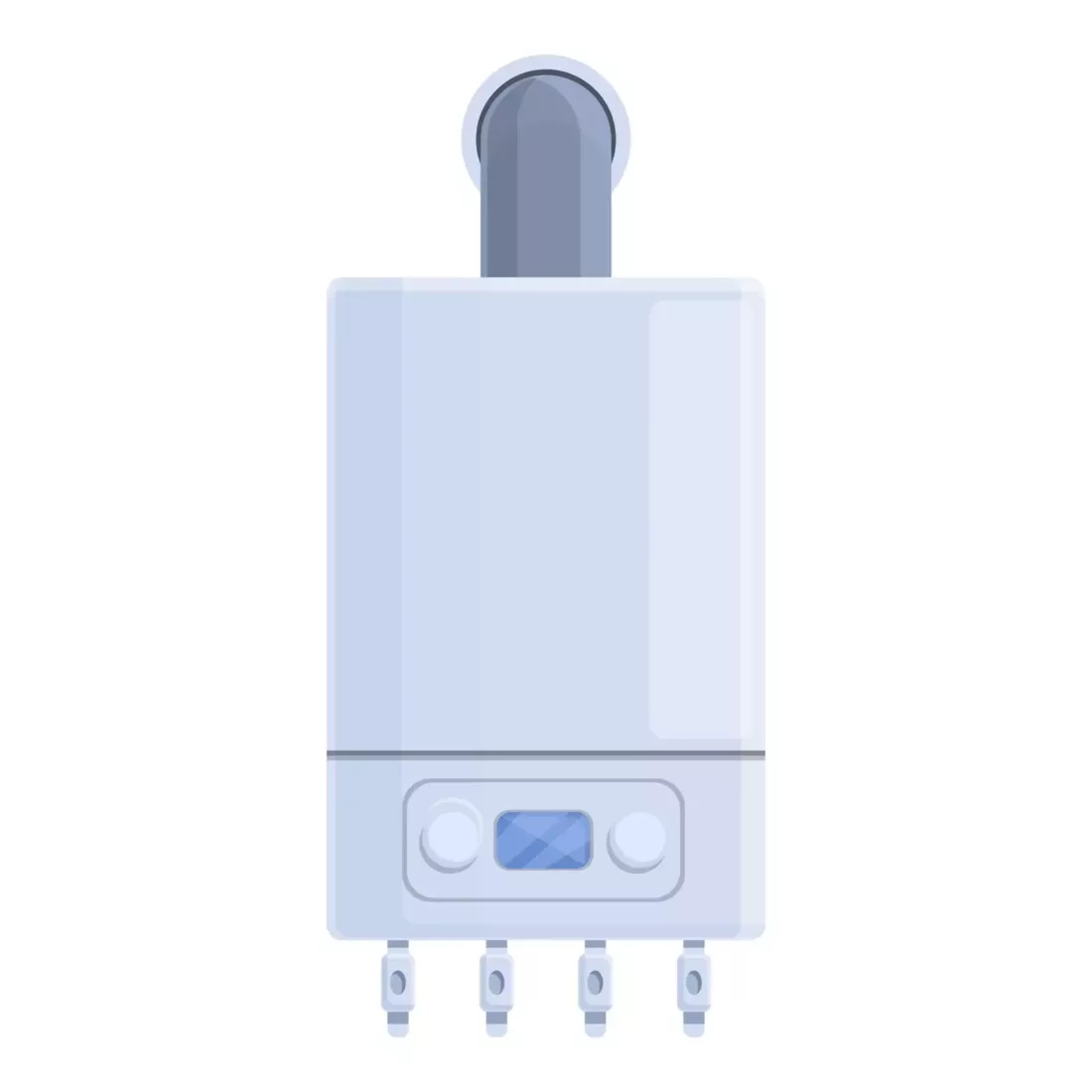
Heat pumps by themselves last about the same time as the average boiler, which is around 15 years. However, with the heating operation being shared between two systems, this extends their lifespan. As such, you can expect hybrid heat pumps to last anywhere from 20–30 years.
What really affects how long your system lasts depends on how you’ve set it up. With a heat pump running all of the time, you can expect a little extra longevity with help from the boiler every now and again. Bivalent hybrid heat pumps reduce wear as both heating methods will run independently at different times.
Heat Pump Maintenance
To help make your hybrid heat pump system exceed its lifespan, you can perform checks on it. Your boiler should still be given an annual service and you should also inspect your heat pump throughout the year too.
Hybrid heat pumps should have the following checked regularly:
Filters, coils and fans (to clean or replace)
Blockages (remove leaves or other debris from airflow)
Leaks (resulting from blockages or clogged drainage)
Get a Hybrid System
On balance, the benefits of hybrid heat pumps shouldn’t be so easily dismissed. Despite their large initial cost, they can offer substantial savings on your energy bills, and can work the best way to suit you.
Some of the top brands for hybrid systems include Vaillant, LG and Hitachi. You can see how different brands compare in The Best Heat Pumps in 2024, which will give you an idea about top-of-the-range heat pumps.
To find out how much you’d pay, click on the button below to get a tailored quote.
Related articles
View all Boiler articles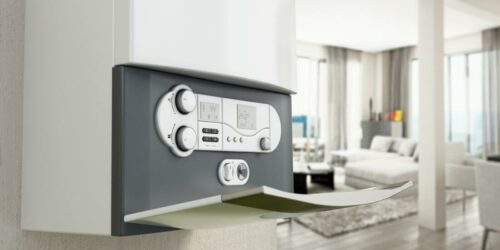
Top Tips When Buying a New Combi Boiler

Save on Heating by Keeping Your Boiler at 60°C

Smart Boiler Installation: All You Need to Know
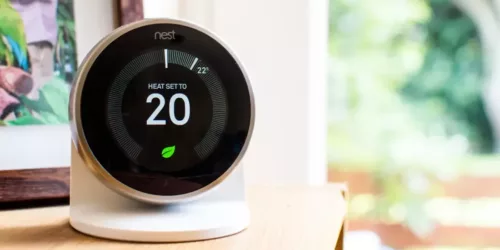
Smart Thermostat Guide: All You Need to Know

Boiler Systems: All You Need to Know About Domestic Boilers
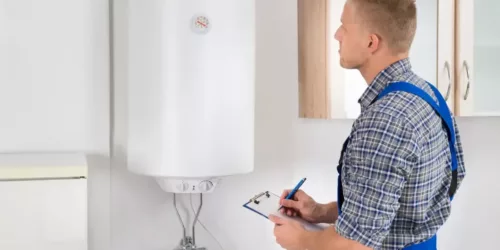
What Size Boiler Do I Need for My Home?
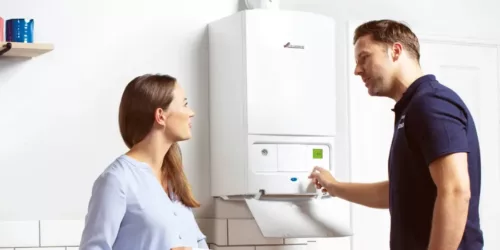
The Complete Guide to Worcester Bosch Boilers
